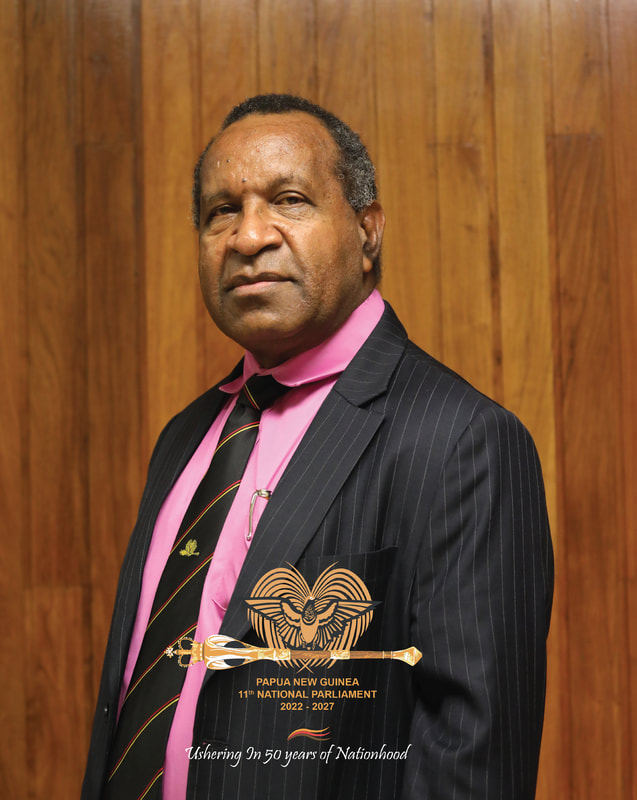Boost for Rural Education: Remote PNG Schools to Receive Priority Funding
Schools in Papua New Guinea will now be funded based on their geographical location, with remote schools set to receive higher financial support. Education Minister Lucas Dekena revealed this reform today as part of the Marape/Rosso Government's 2025 Free Education Policy. The reform uses the PNG Access Remote Index (PARI) to allocate funding, ensuring schools in hard-to-reach areas receive the necessary resources to provide equitable education.
 |
| Education Minister Lucas Dekena [Parliament Photo] |
Minister Dekena highlighted that, since 2012, tuition fee grants have been distributed uniformly without accounting for differences in accessibility. "In 2025, this policy will adjust funding to reflect the locality of schools," he said. According to a 2024 Department of Education study, schools have been classified into six categories of accessibility: Highly Accessible, Accessible, Moderately Accessible, Remote, Very Remote, and Extremely Remote. This classification will enable remote schools, such as those in Rossel Island, to receive more funding than urban schools in Port Moresby.
The policy outlines two main components for funding: 80% of the allocation will be dedicated to operational grants, while 20% will cover essential commodities such as science and mathematics resources. Additionally, project fees will continue to be funded under the K160 million Family Assistance Package, with grants directly deposited into school accounts. Schools must also secure Provincial or National Education Board approval before collecting any additional parental contributions for projects.
As part of the 1-6-6 School Restructure Policy, funding for elementary schools will be discontinued starting in Term 2 of 2025. These funds will instead be redirected to central primary schools. Early Childhood Education (ECE) centers in selected provinces will also see increased support under this reform. Minister Dekena urged school leaders to manage government funds responsibly and encouraged collaboration with local authorities to address specific needs, such as boarding costs in high and secondary schools.
Minister Dekena further stressed the importance of self-sufficiency, challenging schools to generate 10% of their operational budgets through self-reliance initiatives. He concluded by reaffirming the government's dedication to education, stating, "The Government is committed to ensuring that every student has access to quality education. The GFEP policy is designed to eliminate dropouts and enable all students to complete 13 years of universal education."
Also read


Post a Comment